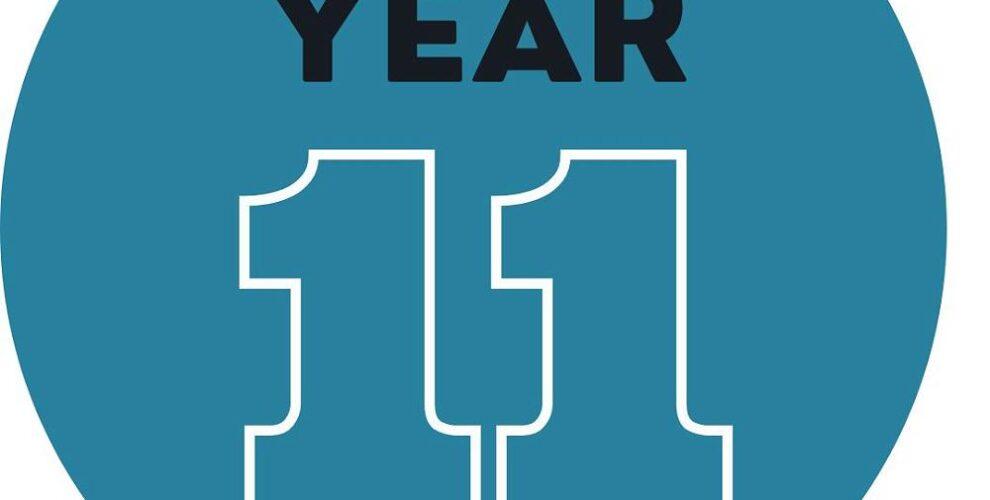As you know we no longer do NCEA at Level 1 at WGC. You probably know why, Julia Davidson has outlined this in newsletters before. But, in case you missed it,
-
NZ’s three years of senior assessment is an anomaly
-
Most WGC students don’t rely on L1 as their final school qualification
-
Three years of relentless assessment is detrimental to well-being
-
Assessment takes up a large portion of the school year
-
NCEA L1 restricted what WGC could offer students. Without it, we can offer unique courses.
There were more reasons, but these are the edited highlights.
So what are we doing?
Our key goals with Y11 are to offer a breadth of choice, to maximise the freedom to learn without being constantly assessed and to increase well-being.
This year Y11 ākonga take eight subjects allowing them to continue learning what they are interested in rather than having to narrow it down. They all take English, Maths, Science and Hauora. Over the years we’ve had consistent student feedback about the lack of Health Education for most students beyond Y10. Hauora is a new and exciting course for everyone that includes more Health topics but also focuses on keeping seniors engaged in their choice of physical activity. That could be a local walk, swimming, a game of hockey, or yoga. Beyond that there are many other exciting new subjects to try. It means that if they have a passion for something, they don’t have to ‘drop it’ because they can’t fit it into their limited choices. They can take Science AND Project Science. They can take English AND Working with Words. They can take two different Media Studies courses or a subject for pure enjoyment, not because it must lead somewhere.
To fit in more subjects we’ve changed our timetable. Students do each subject three times a week instead of four, but we have longer periods. Creating the perfect timetable that suits all learners and all subjects is near impossible, but after much research, this is where WGC has arrived.
Normally under NCEA, we can spend many, many weeks on one assessment alone. Internal assessments, derived grade exams and revision, can conservatively take up to 10 weeks of your school year for each subject. Often more. Now, we have the freedom to assess progress in other ways so that we can fit in more time teaching. Without NCEA exams to prepare for, Y11 ākonga will also stay a bit longer in Term 4.
We still assess. Our ākonga must be well-prepared for Y12 subjects. Students will still experience tests, assignments and projects. They’ll still get feedback on how they can improve. They will still have to meet deadlines, apply for extensions and learn about how assessment processes work. This is still an important part of the learning process.
All students will get a Y11 Learner Profile at the end of the year. This is a record of the skills they have acquired at the halfway point of their WGC experience. It will be a record of their academic achievements, wider school life involvement and the personal characteristics they have developed in accordance with our school values: manawaroa, ngakau pono, manaakitanga and whakarangatira. They can use this as part of their CV for a part-time job. Students develop their profile alongside their wānanga teacher throughout the year and it is a chance for them to reflect on what they still want to achieve in their final two years.
How can you help? Y11 students need to be well prepared for the Literacy and Numeracy co-requisites taking place very soon. You can also help by expecting your young person to develop good study and assignment habits. Now is the time to learn to meet deadlines and prepare for tests when they do arise because these habits won’t suddenly appear in Y12. It would be helpful to discuss what is coming up in class, especially towards the end of each term, and talk about study techniques and how to chip away at long-term assignments. Excellent work habits include attending class on time and being ready to learn. Our Y11s are making the shift from juniors to seniors. We need to guide them towards increased maturity and responsibility.


